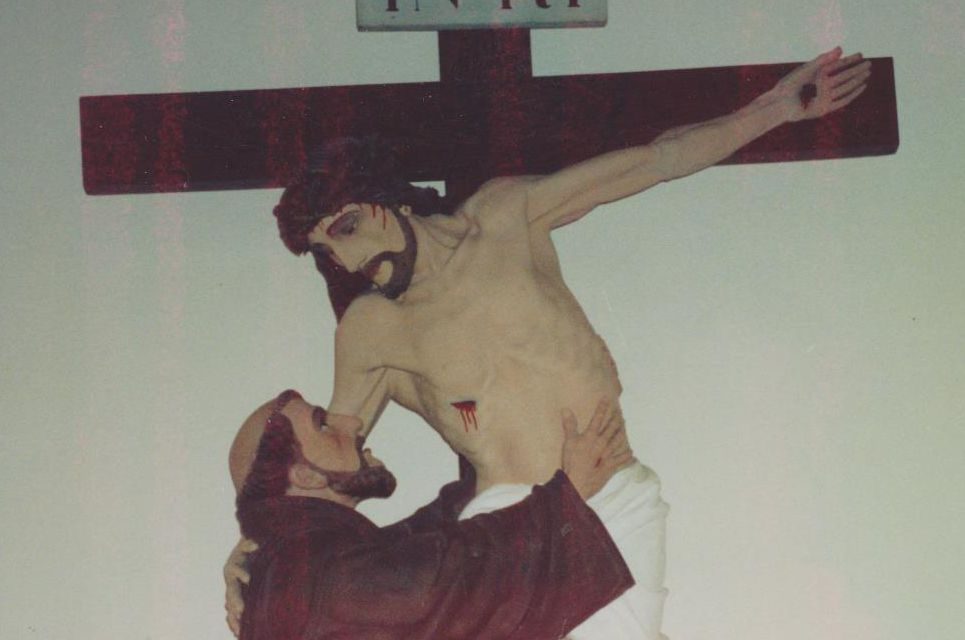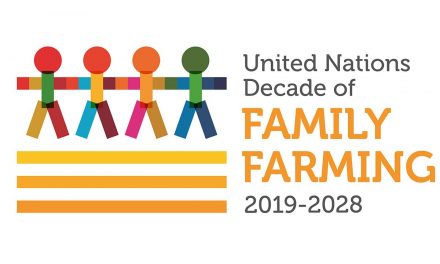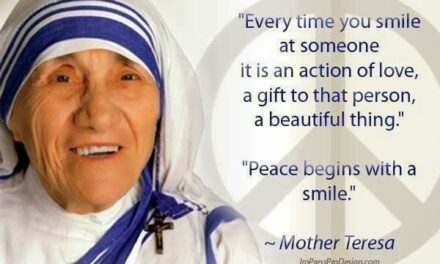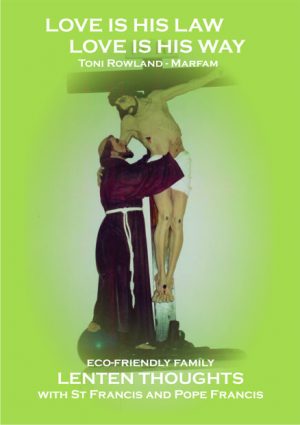Was Jesus a prophet? Was Elijah? Was St Francis? Is Pope Francis, or Prophet Bushiri, or am I? But seriously, once years ago at a workshop, I was asked to describe myself and I came up with “mad prophet.” I probably still am that preaching that family matters ,but I have also come to believe that maybe all prophets think of themselves as quite mad.
The reflection I used in the Lenten reflection booklet Love is his Law, Love is his Way, about St Francis, describes him like this: From The Little Flowers of St Francis of Assisi. “St Francis spoke to Brother Masseo about himself. “Wouldst thou know why all men come after me? Know that it is because the Lord, who is in heaven, who sees the evil and the good in all places – because, I say, his holy eyes have found among men no one more wicked, more imperfect, or a greater sinner than I am; and to accomplish the wonderful work which he intends to do, he has found no creature more vile than I am on earth; for which reason he has chosen me, to confound all strength, beauty, greatness, noble birth, and all the science of the world, that men may learn that every virtue and every good gift cometh from him, and not from any creature, that none may glory before him; but if any one glory, let him glory in the Lord, to whom belongeth all glory in eternity.” Then Brother Masseo, at such a humble answer, given with so much fervour, was greatly impressed, and learned of a certain that St Francis was well grounded in humility.“
St Bonaventure, St Francis’ biographer, in a sermon preached in Paris in 1255 (nearly 30 years after his death) noted the importance of the virtue of meekness in the life of St Francis of Assisi. He writes, “We ought to learn meekness, which is utterly necessary, from St Francis. He cherished meekness not only toward other people, but also toward dumb animals. Even wild animals came running to him as their friend and companion. (There is a famous story of St Francis communicating with and taming a hungry wild wolf who was threatening the people of the town of Gubbio.) Meekness is necessary to the pursuit of truth both in those learning and those who teach; it is necessary for the inward and outward practice of virtue, to make right judgements, for without it others are not corrected but destroyed. Meekness is necessary to attain eternal life. The meek person does not create favouritism towards persons, but will care for both the lesser and the greater. The meek person is simple. He should possess only what is necessary for his needs. He should be someone who comforts the afflicted. O sublime humility, o humble sublimity! The Lord of the universe, God and the Son of God so humbles Himself that for our salvation he hides himself under an ordinary piece of bread.”
Jesus, our ideal model of meekness, on his cross exclaimed “Eli, Eli lama sabachthani,” translated as, “My God, my God why have you forsaken me.” Bystanders may have interpreted this as him calling on the prophet Elijah. However, the Jewish people also used the name “Eli, El, or Eloi” for God. We may not know that his cry was the opening words of Psalm 22. “My God, my God why have you forsaken me,” which includes desolation experienced, an expression of trust in the Lord, and praise at ultimate salvation. In short this was the responsorial psalm on Palm Sunday but the whole psalm should ideally be read and reflected upon. Jesus was not calling on Elijah the prophet, but on God, his Father in whom he trusted and who ultimately saved him. Wile Elijah does feature in Jewish and Christian tradition frequently, Jesus at times disassociated himself from Elijah’s approach to killing and calling down fire on his enemies.
Jesus’ prophetical role is seen today and expressed by Pope Francis in his work and writings, of love and justice, care for the poor and a change of lifestyle. This was the chosen way of St Francis who told the Pope in his day his rule of life was simply the gospels. He identified so closely with Jesus that during a long retreat with Jesus he was given the stigmata. When elected as Pope in 2013, Jorge Bergoglio chose the name, Francis, and has dedicated his papacy to this prophetic calling. Would that I, and maybe you, could follow the same path, beginning with growth in true humility balanced with true justice. In other words, a Mad Prophet and a true follower of our Master.







Recent Comments